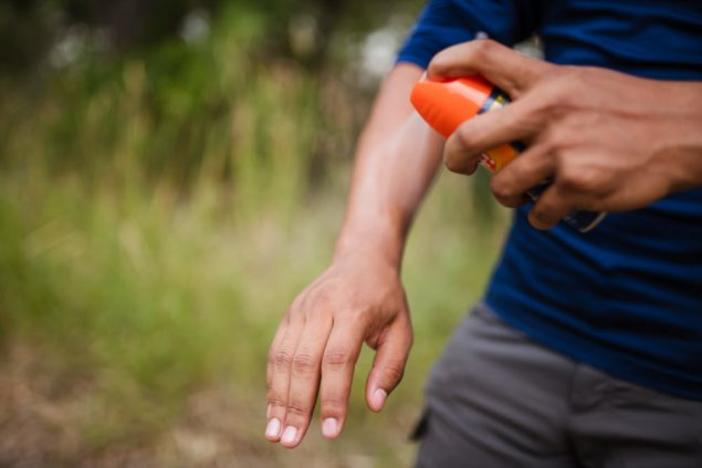Malaria
Malaria is a serious and sometimes fatal disease caused by a parasite that commonly infects a certain type of mosquito that feeds on humans. People who get malaria are typically very sick with high fevers, shaking chills, and flu-like illnesses. Although malaria can be a deadly disease, illness and death from malaria can usually be prevented.
About 2,000 cases of malaria are diagnosed in the United States each year. The vast majority of cases in the United States are in travelers and immigrants returning from countries where malaria transmission occurs, many from sub-Saharan Africa and South Asia.
Prevention
Vectorborne diseases are found at almost every travel destination. Because few vaccines are available to protect travelers, the best way to prevent vectorborne diseases is to avoid being bitten by ticks and insects, including mosquitoes, fleas, chiggers, and flies, that transmit pathogens that cause disease. Travel health practitioners should advise travelers to use repellents and take other precautions to prevent bites. The CDC Yellow Book provides prevention recommendations. Learn more.
Know the Symptoms
The interventions used to prevent malaria can be very effective when used properly, but none of them are 100% effective.
If symptoms of malaria occur, the traveler should seek immediate medical attention.
Malaria is always a serious disease and may be a deadly illness. Travelers who become ill with a fever or flu-like illness either while traveling in a malaria-risk area or after returning home (for up to 1 year) should seek immediate medical attention and should tell the physician about their travel history.
Page updated 01/22/2024
